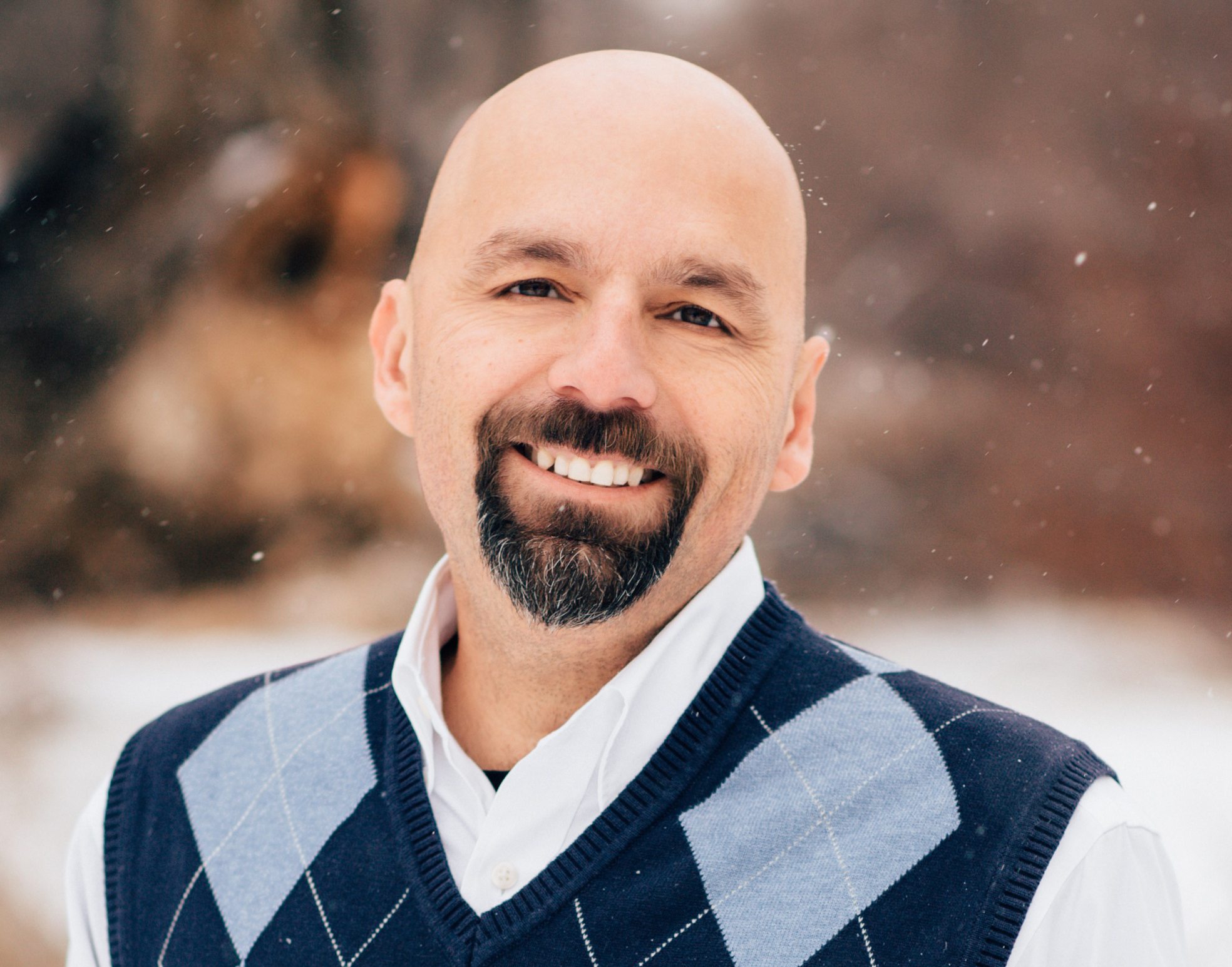By Henry Sotelo
Like most cities in America, sections of Reno struggle with issues of substance abuse and homelessness, and experience related criminal behavior as a result. To face these challenges as a community, we must expand our municipal Drug, Alcohol, Homelessness, and Mental Health Specialty Courts. These problem-solving courts implement intense treatment and rehabilitation programs as alternatives to incarceration in order to resolve the root causes of repeat offenses.
Specialty Courts strengthen our community by rehabilitating offenders and ending cyclical crime. Many people who commit crimes under the influence of drugs, alcohol or undiagnosed or untreated mental health issues can be redirected from a life of continuous crime if treated for these issues at the misdemeanor level. Specialty Courts keep families together by helping individuals put their lives back on track, rather than by further derailing them.
Conservative estimates conclude that drug courts reduce crime by up to 45%. Without accessible Specialty Courts, individuals in need of treatment find themselves in prison and return to society with few opportunities and resources to build safe and productive lives.
Although the mentally ill are more likely to be the victims than perpetrators of crimes, 60% of inmates suffer from mental health problem. Only 40% of these individuals report receiving treatment while incarcerated. Specialty Courts allow mentally ill offenders to access community-based treatment without facing incarceration, not in spite of it.
Specialty Courts save taxpayers’ money. Repeat crimes strain the State budget and crowd our prisons. Specialty courts reduce recidivism and prepare participants for re-entry into productive lives. Yet national studies show that drug courts currently serve only about 10% of eligible beneficiaries, even though every $1 investment in drug courts save up to $3.36 of taxpayers’ money in criminal justice costs. Cost-reduction estimates including reduced victimization and healthcare service utilization report savings of up to $27 per $1 investment, or $3,000 to $13,000 per individual offender.
Currently, Reno’s 2 Municipal Specialty Courts can only accommodate 150 people. As long as Reno’s Specialty Courts are limited, thousands of eligible offenders are robbed of the opportunity to improve their lives, taxpayer funds are wasted on incarceration, and our city suffers for it.
Advocacy is the answer. Improving and expanding Reno’s Specialty Courts requires the prioritization of problem-solving courts by the community. While the state legislature made progress in 2015, Specialty Courts need higher priority among criminal justice appropriations. They should not be supplementary projects serving a small, lucky few; Specialty Courts should be central to an evidence-based approach to crime. We need the support of our judges, voters and businesses to fight for a safer, healthier Reno by lobbying for more and better-funded Specialty Courts.
As a candidate for Municipal Court Judge, I look forward to fighting by your side to bring all possible local, state, and federal resources to Reno’s Municipal Specialty Courts, but even supporting my candidacy isn’t enough.
The Specialty Court Funding Committee of the Supreme Court of Nevada meets at 1 p.m. Aug. 21 in Carson City to consider how to appropriate recent funding to Nevada’s specialty courts. Join me in testifying before this in favor of increased funding for Reno’s Municipal Special Courts, and lobby your representatives to increase Specialty Court appropriations during the next legislative session.


